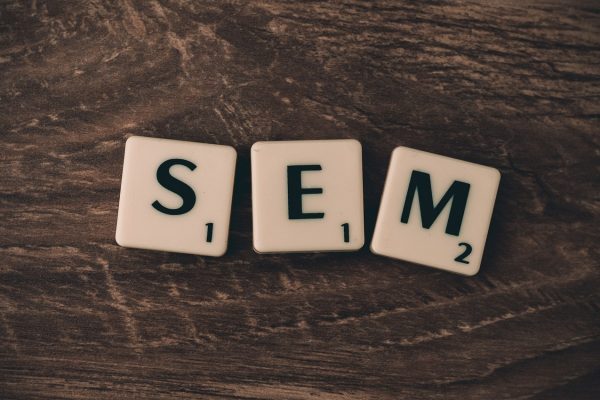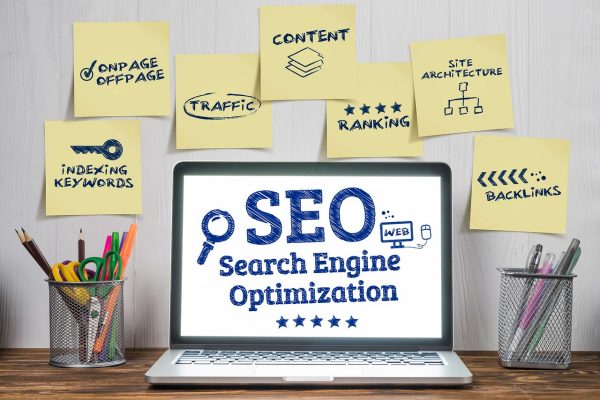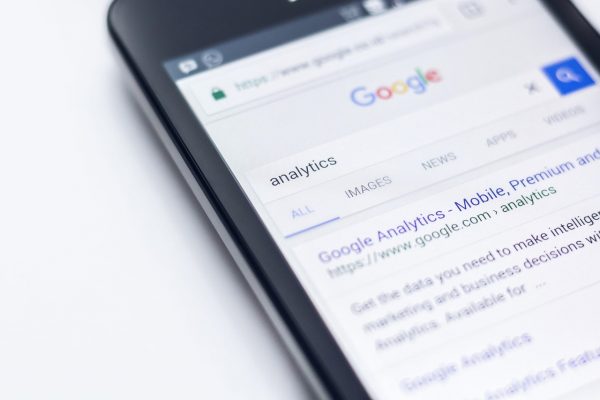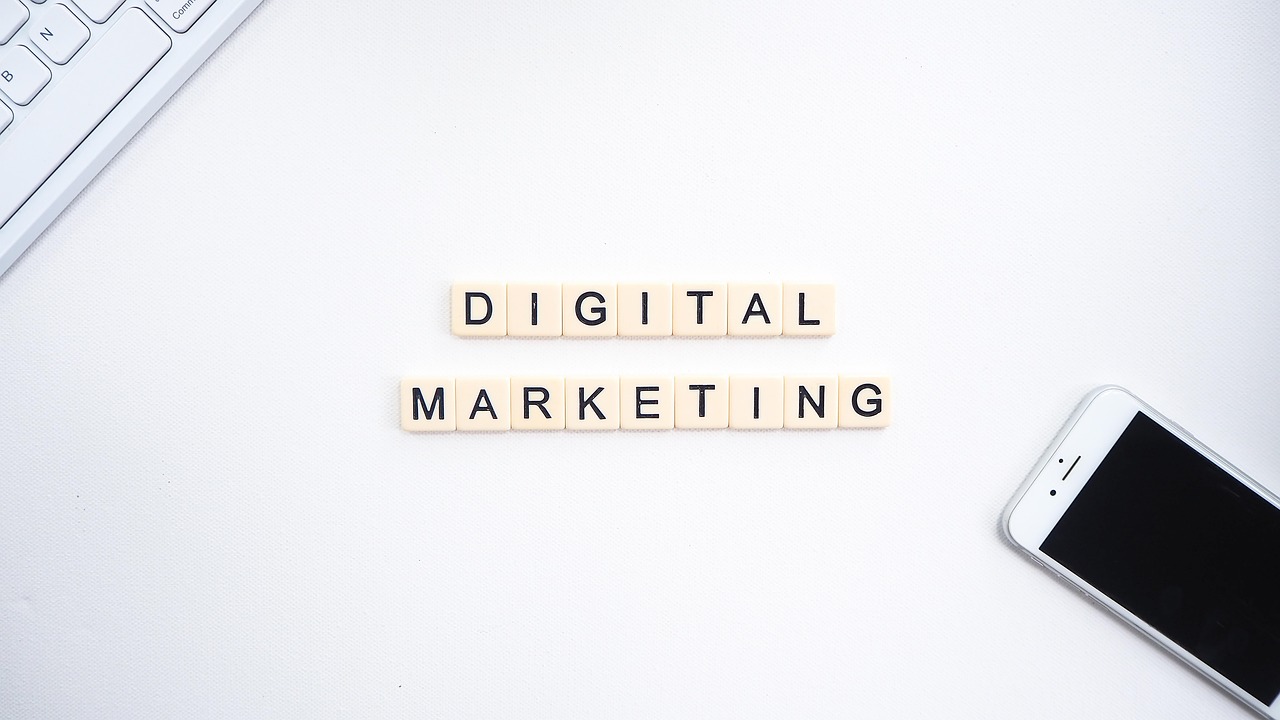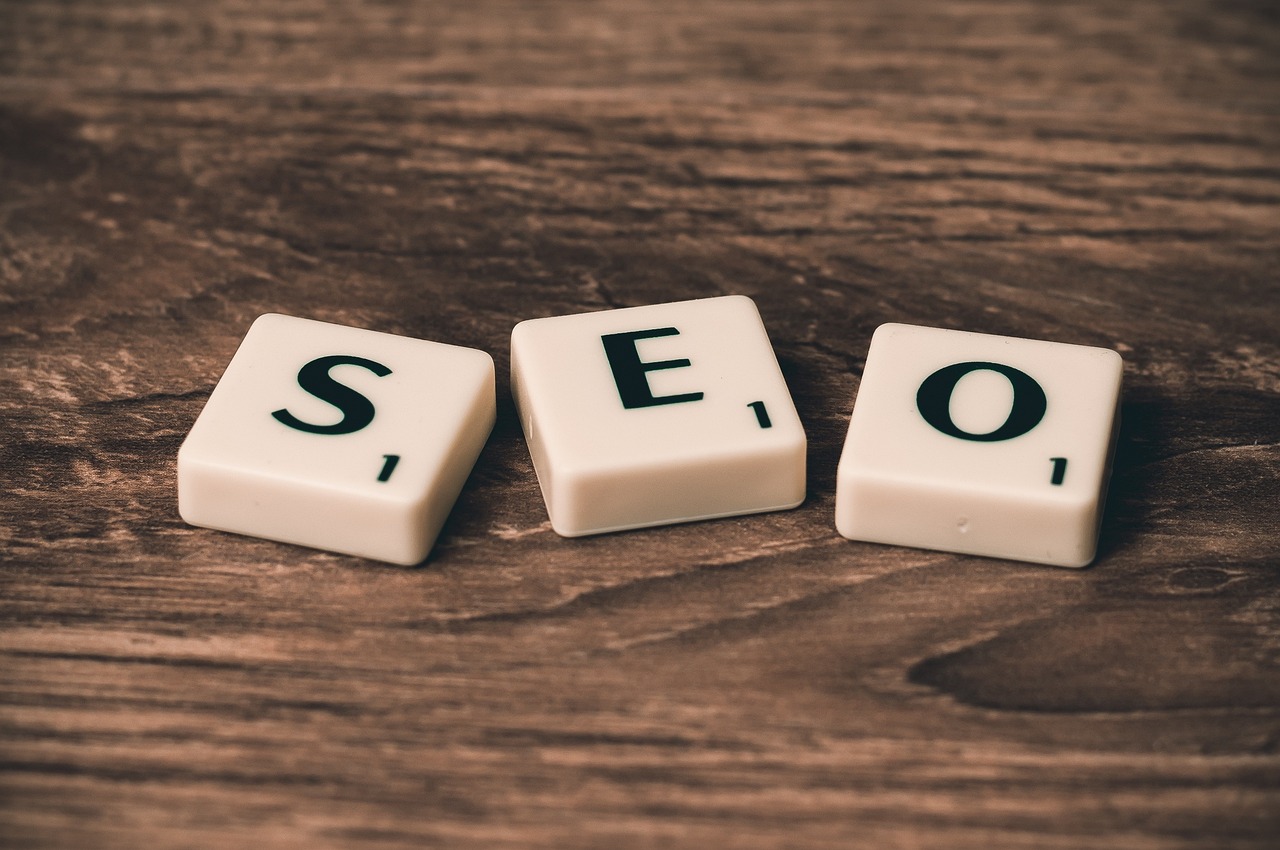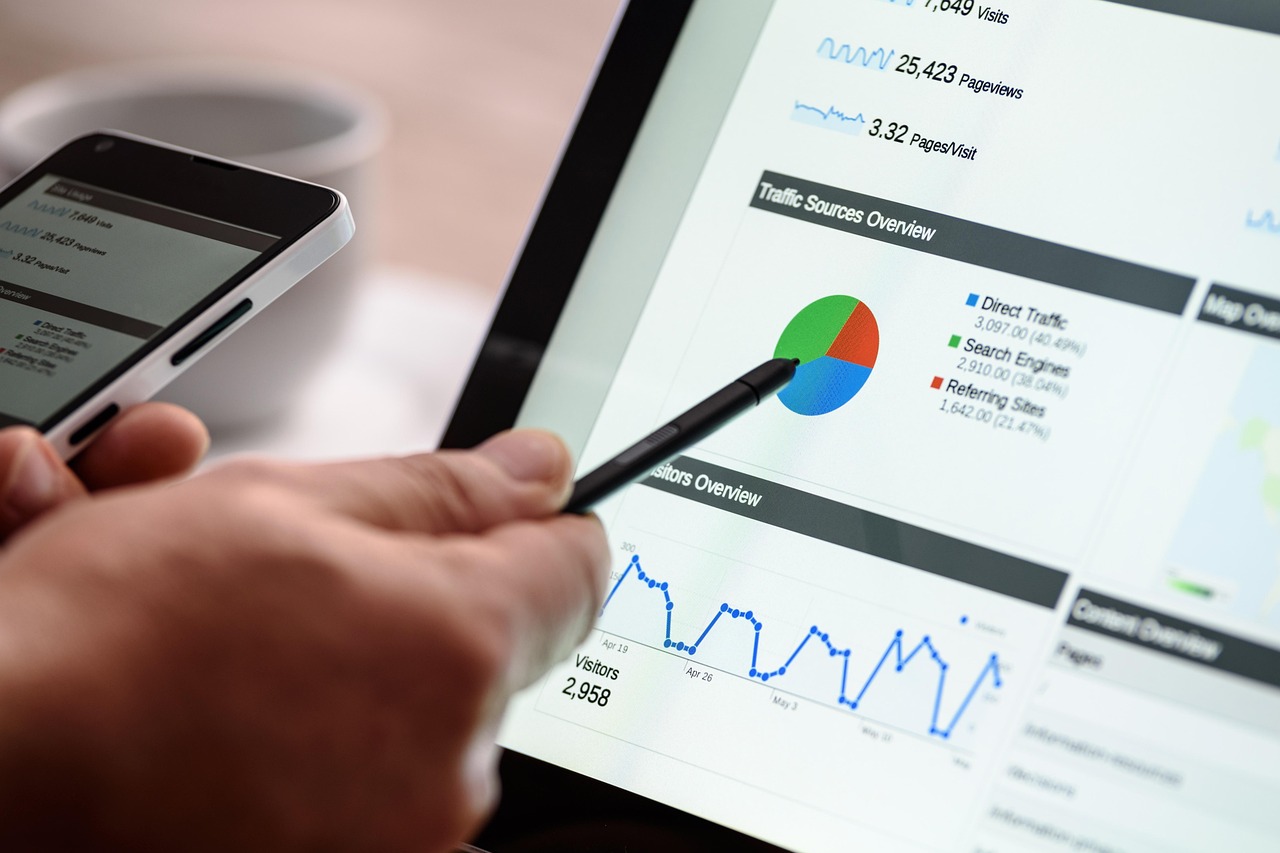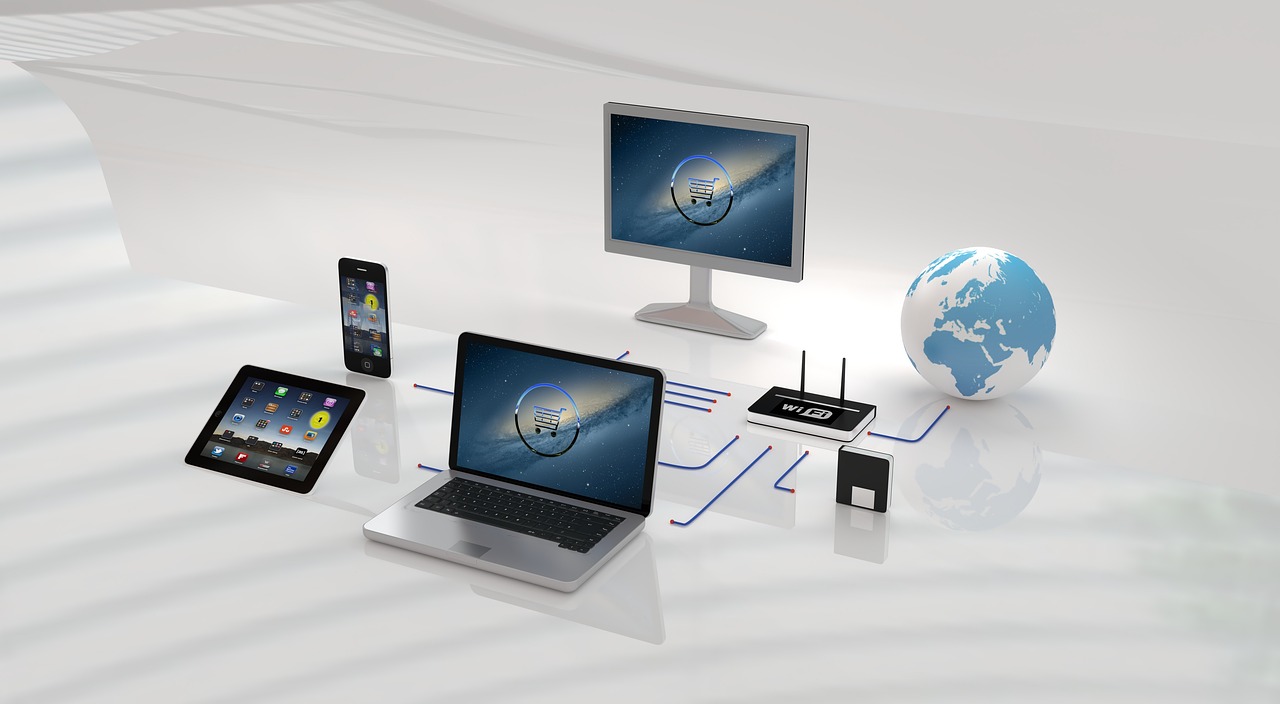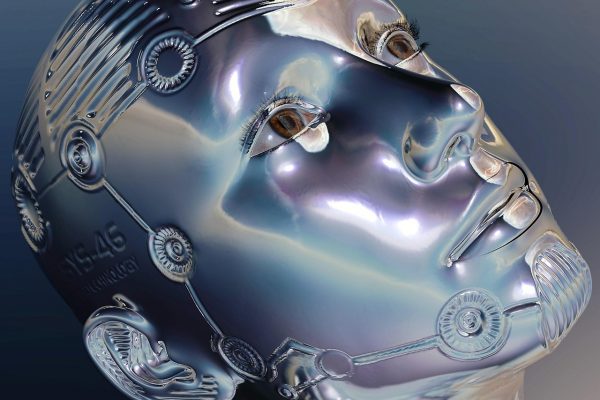

AI-Powered PPC: Automations That Are Changing the Paid Search Game
AI-Powered PPC: Automations That Are Changing the Paid Search Game
If you’re involved in digital marketing, you’ve probably noticed how artificial intelligence is no longer a futuristic concept but an everyday reality transforming paid search campaigns. AI-powered automation is rewriting the rules of PPC management, making the process of targeting, creative development, and budget optimization more efficient than ever. But how exactly are marketers leveraging AI, and what should you be aware of when adopting these technologies? Let’s explore the landscape of AI in PPC with a critical yet approachable lens.
Popular AI Tools Streamlining PPC Workflows
The toolkit available to marketers today includes a variety of AI-driven platforms designed to simplify and enhance PPC campaign elements. From keyword research to ad copy generation and real-time budget management, these tools do the heavy lifting:
- Keyword Targeting: AI tools analyze search trends, competitor activity, and user intent to suggest and prioritize high-performing keywords far faster than manual methods.
- Ad Creative Optimization: Dynamic creative optimization powered by AI continuously tests variations of headlines, descriptions, and call-to-actions, learning which combinations resonate best with audiences.
- Budget Management: Automation platforms adjust bids and budget allocation in real-time based on predictive analytics to maximize ROI without constant manual oversight.
Some leading platforms combine these features into unified dashboards, allowing marketers to integrate AI insights seamlessly into their strategies. This integration transforms the PPC workflow by eliminating guesswork and reducing time on routine tasks.
Would you like to know which specific tools are currently making waves in PPC automation? Let me continue unfolding the details around these innovative solutions.

Automated tools like these dashboards help marketers save hours of manual work, letting AI analyze and adjust campaigns effortlessly.
Benefits and Risks of Automated Bidding Strategies
Automated bidding is among the most popular AI interventions in PPC. It enables flexible, data-driven bidding across platforms such as Google Ads and Microsoft Ads, aiming to achieve specific goals like maximizing conversions or hitting target ROAS (Return On Ad Spend).
The benefits here are compelling:
- Efficiency: AI reacts instantly to market changes, adjusting bids based on real-time data and signals.
- Scalability: Allows managing large accounts and multiple campaigns simultaneously without added human resource strain.
- Performance Gains: Studies indicate automated strategies often outperform manual bidding in conversion rates and cost efficiency.
However, caution is necessary. The risks include:
- Loss of Control: Over-reliance on automation can lead to unexpected bid spikes or budget exhaustion if poorly monitored.
- Data Dependency: AI needs large amounts of quality data to function well; without sufficient history, results may be suboptimal.
- Complexity and Transparency: Some bidding algorithms operate as black boxes, making it difficult for marketers to understand or justify decisions.
Automated bidding is powerful, but it demands careful setup, ongoing oversight, and sometimes a balanced combination with manual controls to avoid pitfalls. For a deeper dive into optimizing your bidding strategies, check out our guide on PPC bid strategies explained.
AI’s Role in Predictive Targeting and Audience Expansion
AI’s predictive capabilities are reshaping how advertisers discover and reach new audiences. By analyzing patterns across vast datasets, AI can forecast which users are most likely to convert and suggest expanding targeting to similar prospects.
Rather than casting a wide net, AI enables precision fishing:
- Predictive models estimate future customer behavior using historical engagement, search intent signals, and demographic data.
- Audience expansion features identify clusters with shared characteristics to your best customers, automating lookalike targeting.
This approach improves efficiency by focusing spend on higher-value prospects and discovering segments marketers might miss otherwise.
What’s striking is how these processes run continuously, enabling campaigns to adapt fluidly to trends and seasonal changes.

The marriage of AI with PPC budget management means campaigns can redistribute funds to top-performing ads within moments, helping advertisers stay competitive without exhaustive manual adjustments.
Balancing Automation with Human Optimization
Despite AI’s impressive advancements, human judgment remains irreplaceable in PPC management. Automation handles complex data sets and executes repetitive tasks excellently, but it thrives best when guided by experienced marketers.
Humans bring context, creativity, and strategic oversight that AI lacks. For example, understanding brand voice nuances, interpreting competitor moves from qualitative insights, and setting high-level campaign goals are areas where humans excel.
Balancing automation and human input might look like this:
- Machine does the heavy lifting: Automate bidding, real-time adjustments, and data-driven segmentation.
- Humans interpret and steer: Analyze output, tweak campaign parameters, craft engaging ad copy, and set strategic direction.
One practical approach is regular reviews of automated campaign performance accompanied by manual audits to catch anomalies or new opportunities. This blend ensures efficiency does not sacrifice thoughtful customization and brand consistency.
Common Misconceptions About AI in PPC Management
There’s plenty of hype and some confusion about AI’s role in PPC. Clearing these up helps marketers approach AI technologies with clearer expectations.
-
Myth: AI makes PPC fully hands-free
The truth is AI provides tools that automate many processes, but human oversight is crucial to guide, validate, and optimize initiatives. -
Myth: AI always outperforms humans
While AI excels in processing data at scale, expertise and creativity from humans are essential for crafting compelling strategies. -
Myth: Implementing AI is too complex for most marketers
Many AI tools now offer user-friendly interfaces and are designed for marketers at all experience levels. -
Myth: AI tools replace marketers
Instead of replacing marketers, AI augments their capabilities, freeing them to focus on higher-level tasks.
Recognizing these truths helps marketers embrace AI technologies wisely rather than chase unrealistic promises. For a comprehensive understanding of how to leverage AI in your PPC efforts, explore our guide to Google AdWords 101.
Frequently Asked Questions
What are the best AI tools for PPC management?
Some top AI-powered tools include platforms that integrate keyword research, bid automation, and creative optimization, such as Google Ads’ automated bidding, SEMrush’s PPC toolkit, and tools like Adzooma or WordStream that offer AI-driven insights and management features.
How does automated bidding work in PPC?
Automated bidding uses AI algorithms to adjust your ad bids in real-time, based on campaign goals and signals like user device, location, and time of day, in order to maximize conversions or ROAS without manual bid changes.
Can AI handle PPC campaign management without human input?
AI can automate many tasks within PPC campaigns but human oversight is necessary to guide strategy, ensure brand alignment, and make judgment calls that require creativity and contextual awareness.
Is AI in PPC only suited for large advertisers?
Not at all. Many AI solutions are scalable and accessible to small and medium businesses, offering user-friendly tools that bring efficiency and insight regardless of budget size.
What is predictive targeting in PPC?
Predictive targeting employs AI models to forecast user behaviors and identify likely converters, allowing advertisers to focus their budget on audiences with the highest potential for engagement and conversion.

